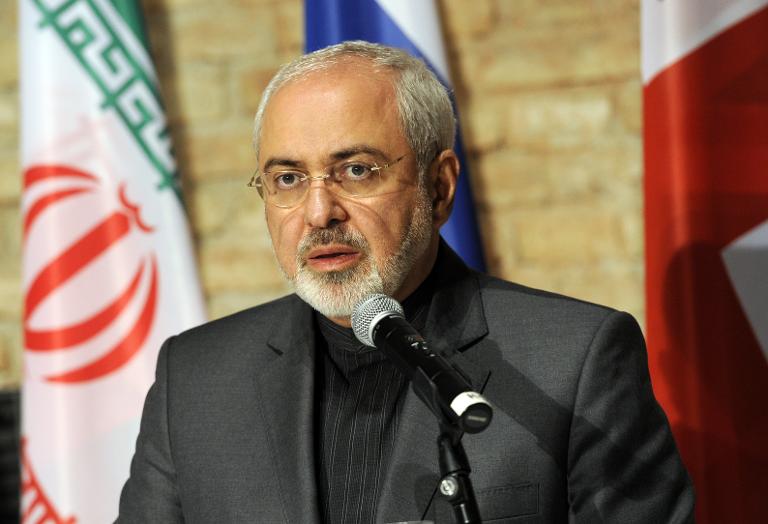Dammam – Iran urged Europe Monday to resolve the diplomatic clash in the Gulf after Saudi Arabia, Bahrain and the UAE, in addition to Egypt, decided to cut ties with Qatar for supporting terrorism.
During a visit to Germany, Iranian Foreign Minister Mohammed Javad Zarif called on Europe to use its influence to promote dialogue in the Gulf.
“Our region needs a regional security framework. Europe should work on establishing such a framework,” he said.
Meanwhile, in a move with great implications in light of the current Gulf crisis, Qatari media outlets broadcast on Monday a recording of Qatar’s Emir Sheikh Tamim bin Hamad al-Thani welcoming Youssef Al Qaradawi, a senior Egyptian cleric and the nominal spiritual leader of the Muslim Brotherhood.
The video shows the warm welcome in which Sheikh Tamim received the Egyptian cleric, who resides in Doha.
Hours before this warm welcome, Iran’s President Hassan Rouhani voiced support for Qatar in its crisis, saying the so-called ongoing “blockade against Qatar” was “unacceptable.”
In Washington, US Secretary of State Rex Tillerson will meet on Tuesday with his Qatari counterpart Sheikh Mohammed bin Abdulrahman Al Thani and Kuwait’s Minister of State for Cabinet Affairs Sheikh Mohammed Abdullah.
Also on Monday, Republican Senator Bob Corker called for blocking arms sales to the Gulf Cooperation Council (GCC) states pending progress in resolving the dispute with Qatar.
“All countries in the region need to do more to combat terrorism, but recent disputes among the GCC countries only serve to hurt efforts to fight ISIS and counter Iran,” Corker said.
Meanwhile, Bahrain’s foreign minister Sheikh Khalid bin Ahmed Al Khalifa accused Qatar on Monday of creating a “military escalation” in the regional diplomatic dispute, in reference to the deployment of Turkish troops in Doha in recent days.
“The disagreement with Qatar is a diplomatic and security dispute and has never been military,” Khalid bin Ahmed said on Twitter.
Meanwhile, the cost of Qatar’s sovereign debt insurance has soared to its highest levels in one year after the four Arab states imposed sanctions on Doha, which has been given 10 days to comply or face unspecified consequences.
